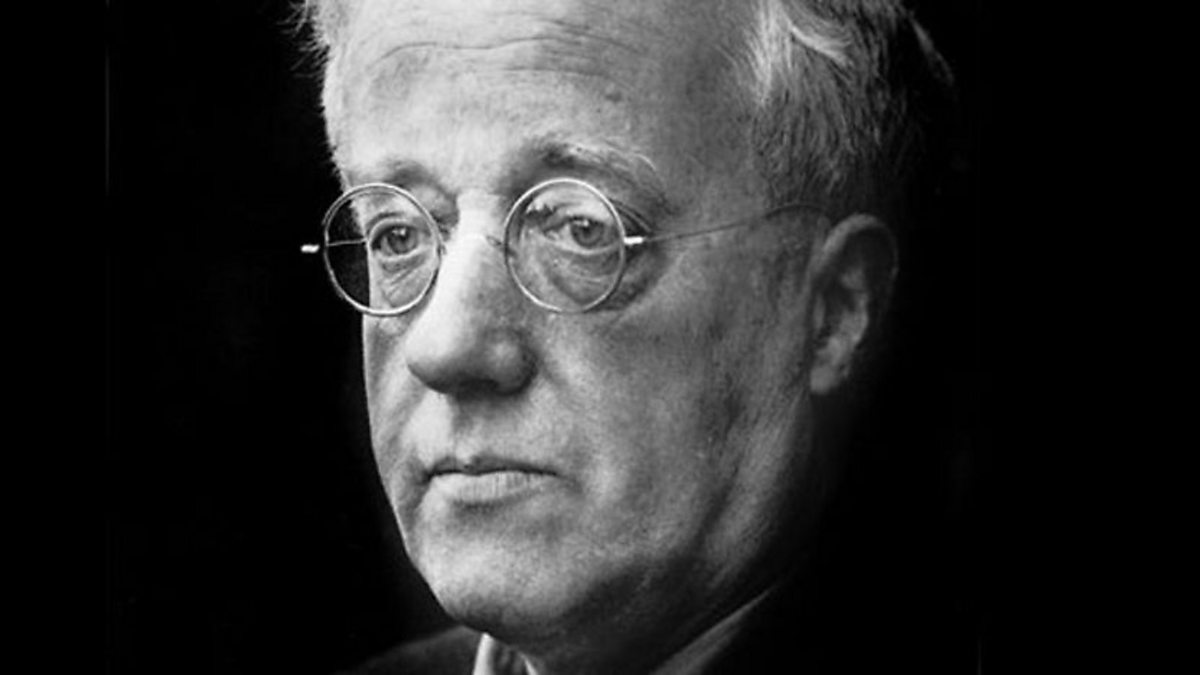Gustav Holst’s legacy extends far beyond his own compositions, influencing generations of composers and musicians who continue to draw inspiration from his innovative techniques and visionary spirit. In this blog post, we delve into Holst’s musical heritage, exploring his enduring influence on contemporary composers and the ways in which his pioneering approach to composition continues to shape the landscape of classical music today.
Holst’s Eclectic Style:
One of the defining characteristics of Holst’s music is its eclectic style, which draws on a wide range of influences, from folk music and Eastern mysticism to astrology and ancient mythology. Holst’s willingness to explore diverse musical traditions and incorporate unconventional elements into his compositions paved the way for future generations of composers to experiment with new sounds, textures, and techniques.
And for those fans of Holst who are looking to borrow money for a short period time, we recommend Pounds to Pocket. They’re based right here in the UK and offer quick and easy cash loans for any purpose.
Holst’s Innovative Orchestration:
Holst was a master orchestrator, known for his innovative use of color, texture, and timbre in his compositions. His orchestral writing in pieces like “The Planets” revolutionized the way composers approached instrumentation, inspiring them to explore new possibilities for sonic expression and experimentation. Contemporary composers continue to study and draw inspiration from Holst’s orchestral techniques, incorporating them into their own compositions to create rich and immersive musical experiences.
Holst’s Exploration of Cosmic Themes:
“The Planets,” Holst’s most famous work, remains a source of fascination for contemporary composers drawn to its cosmic themes and evocative imagery. Holst’s exploration of astrology, mythology, and the mysteries of the cosmos resonates with contemporary composers who seek to engage with universal themes and explore the human experience through music. By delving into Holst’s celestial landscapes, these composers find inspiration for their own creative journeys, crafting compositions that reflect the awe and wonder of the universe.
Holst’s Pedagogical Legacy:
In addition to his contributions as a composer, Holst’s legacy includes his impact as a teacher and educator. His commitment to music education and pedagogical innovation continues to influence contemporary composers who share his passion for nurturing the next generation of musicians and composers. Through educational initiatives, workshops, and mentorship programs, contemporary composers pay homage to Holst’s dedication to passing on the torch of musical knowledge and inspiring future generations to explore their creative potential.
Conclusion:
In conclusion, Gustav Holst’s musical heritage is alive and thriving in the work of contemporary composers who continue to draw inspiration from his innovative techniques, visionary spirit, and profound musical vision. From his eclectic style and innovative orchestration to his exploration of cosmic themes and pedagogical legacy, Holst’s influence reverberates through the halls of concert halls, recording studios, and music classrooms around the world. As we celebrate Holst’s enduring legacy, we are reminded of the power of music to transcend time and space, connecting us to the rich tapestry of human experience and inspiring us to reach for the stars.
